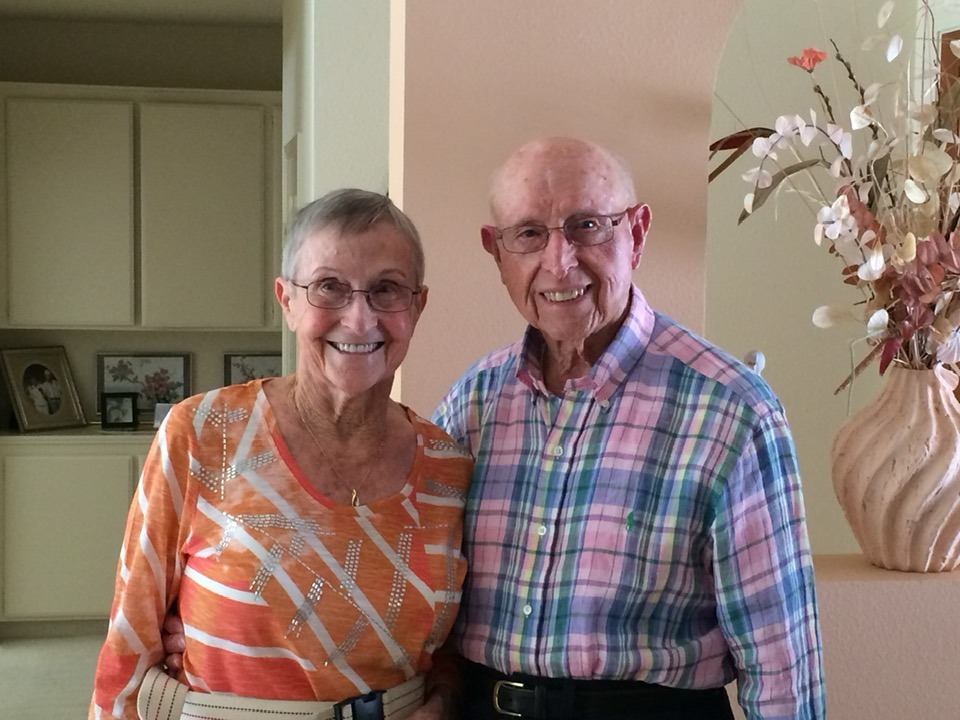 I have often expressed my belief about the strong link between acceptance and the need to control. The more we accept things as they are, the less we need to control. And the more controlling we are, the less accepting we are.
I have often expressed my belief about the strong link between acceptance and the need to control. The more we accept things as they are, the less we need to control. And the more controlling we are, the less accepting we are.
The benefits of acceptance in all areas of our lives are immense: we obsess less about things over which we are effectively powerless; we are able to “see” practical options that lessen the pain and discomfort of life’s adversities; we forge stronger bonds with our children, family and friends; and we enjoy greater serenity. And these are just some of the blessings of true acceptance.
Not surprising, a recent Australian study published in the Journal of Happiness concluded that,
Accepting what can’t be changed is the key to happiness in old age after loss of independence.
The study shows that when elders lose control of their prior independence, those that adapt and accept the changes—in this case living in residential care facilities—are happier.
Elders that accept their limitations can still find ways to enjoy life. Take Karl Goldenthal, for example, an amateur photographer whose severe glaucoma prevented him from continuing his passion. Although this was difficult for him to accept, he found joy in sharing his knowledge and teaching others to take pictures.
Perhaps Muriel Balash, then an eighty year old former successful documentary film director, said it best after she started losing control of her mind:
“Accept the fact that there are now limitations that you didn’t have before. They don’t have to limit life’s pleasures, the things that you love to do…These are things you need to adapt to, and you’re going to need help.”
Still, accepting major life changes and setbacks can be painfully difficult. People have to overcome their fears, anger, and resentments. They have to reduce their expectations as well. That is why I believe that for most, true acceptance in such circumstances is a gradual process; it takes time and patience to overcome our feelings of helplessness and accept our “losses.”
Because of its vital importance to our overall well being, over the past year I have been studying and writing about the benefits, challenges and dynamics of the acceptance process. I encourage you to read my post, “5 Keys to Practicing Acceptance,” for some guidance on the subject.
I would also appreciate your sharing with me and others your acceptance stories. What challenges did you face in accepting limitations or adversity in your life? How has accepting the “what is” in your life helped you and others?
In the meantime, remember to
Let It Go!
Danny
Discover more from Daniel Miller
Subscribe to get the latest posts sent to your email.


6 Comments
Heinz Studer
typo errors………..I need to find a balance between acceptance of the inevitability of aging and doing what I can to remain vital and healthy…. I need to obsess less about things over which I am effectively powerless…so much to learn, so much to accept….thank you Danny for your support…Heinz
Daniel A. Miller
Hello Heinz, nice to hear from you again. You have nicely expressed an important challenge as we get older: finding the right balance between accepting our limits and doing what we can to make those limits less impactful. Tennis has been my passion for many years and I know I will have to make adjustments to my game as time goes on. When I am no longer able to move as quickly or agiley on the court or hit my serve as hard, I will need to find ways to play “smarter” and make fewer errors. The important thing is that I can still enjoy playing the game.
Daniel A. Miller
Agreed, Andy. I just turned 70 today and I feel more productive and creative than ever.
Danny
Gloria Arnold
It is not so much myself, but having the ability to continue looking after my husband who depends on and needs me. I am six years older than he so this is natural, but I have trouble accepting this situation over which I have no control. What is the wisest approach?
Daniel A. Miller
Gloria,I agree that it’s very difficult to accept situations in which you have no control. The feeling of powerlessness can be very unsettling and resentment often results, which may be what is happening with you. I would thus try to get in touch with your core feelings, particularly anger and resentment, and try to process them as best you can. It helps to focus on what you should be grateful for. Your own health, supportive children, good friends, financial security, for example. Practicing gratitude always gives us a better perspective on our lives. When you feel over tired and fatigued from taking care of your husband, try to find some time for yourself; a nice walk, massage, manicure–whatever makes you feel good. Hope this helps some.
Danny
Comments are closed.